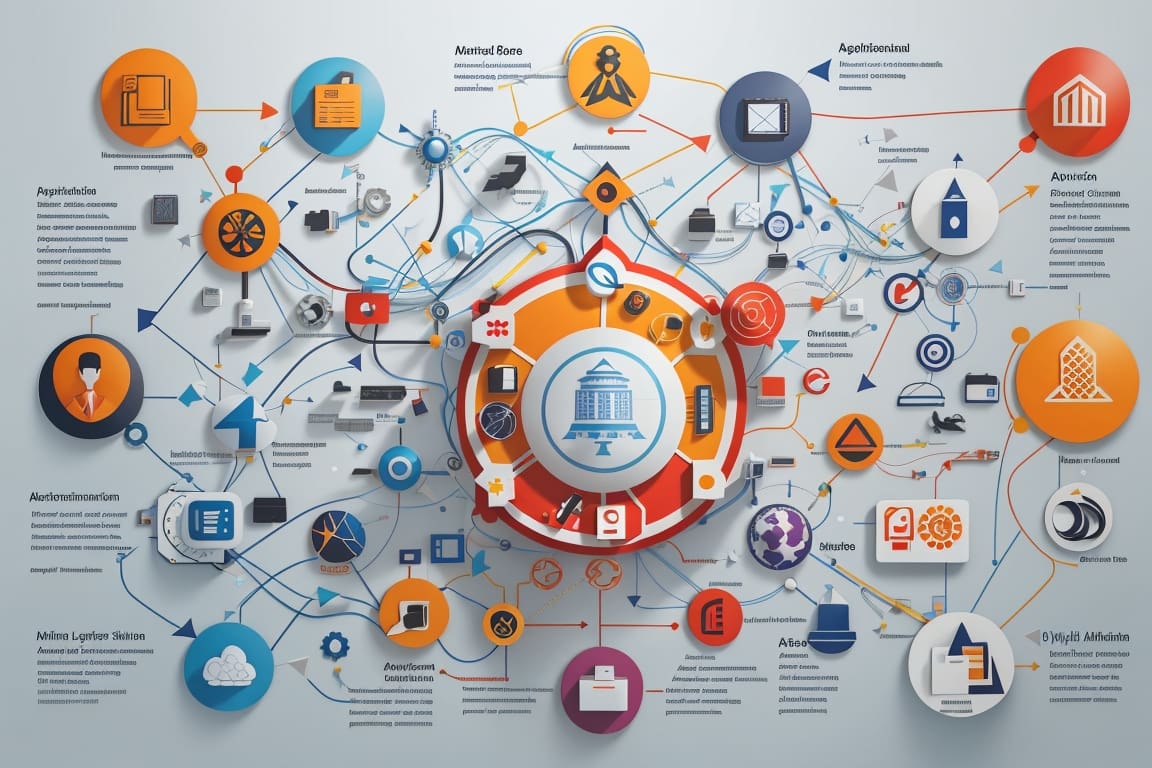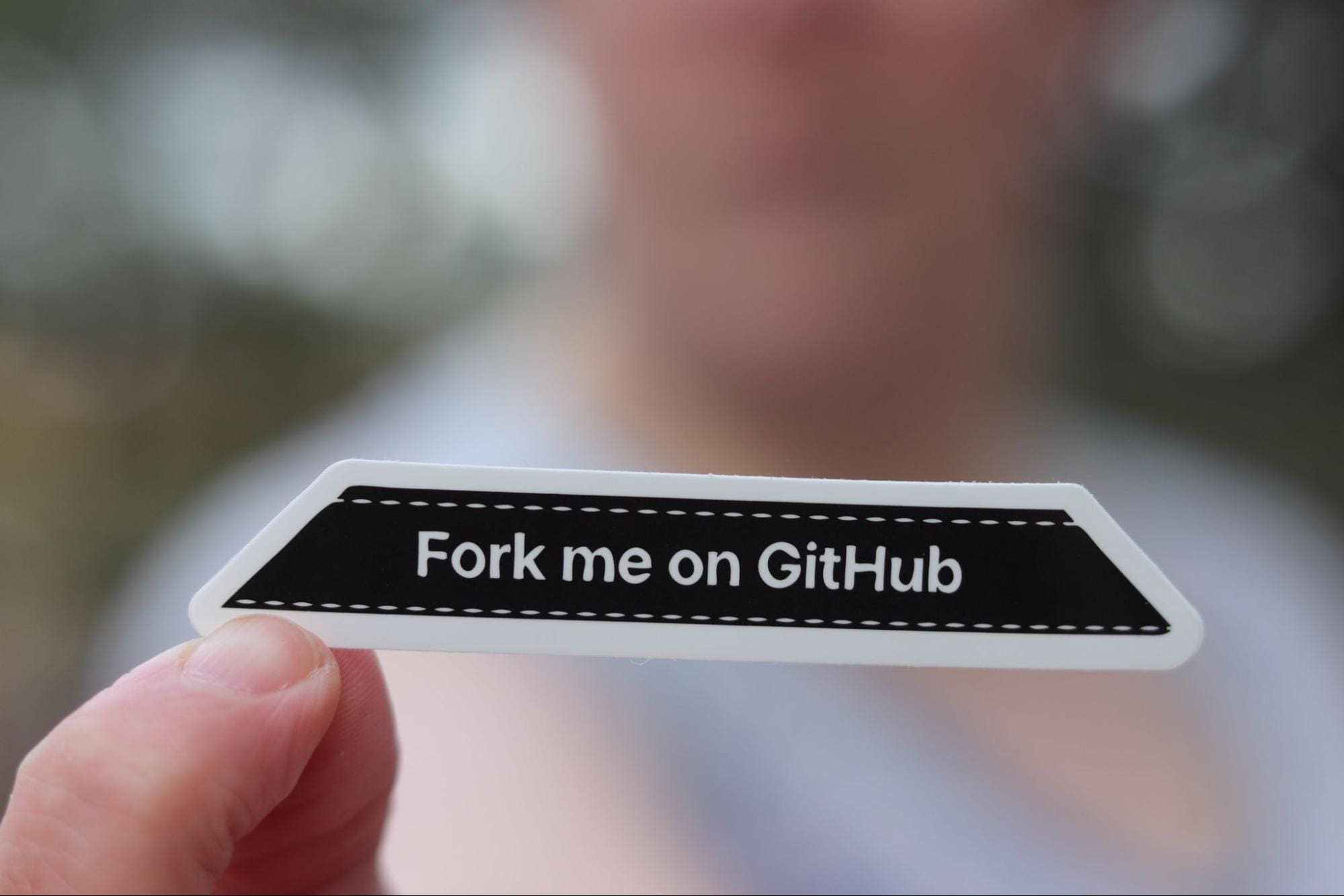
Image generated with Leonardo.Ai
In this vast landscape of AI, a revolutionary force emerged in the form of Large Language Models (LLMS). It is not just a buzzword but our future. Their ability to understand and generate human-like text brought them into the spotlight and now it has become one of the hottest areas of research. Imagine a chatbot that can respond to you as if you are talking to your friends or envision a content generation system that it becomes difficult to distinguish whether it's written by a human or an AI. If things like this intrigue you and you want to dive further into the heart of LLMs, then you are at the right place. I have gathered a comprehensive list of resources ranging from informative articles, courses, and GitHub repositories to relevant research papers that can help you understand them better. Without any further delay, let's kickstart our amazing journey in the world of LLMs.
1. Foundational Courses 
Image by Polina Tankilevitch on Pexels
1. Deep Learning Specialization – Coursera
Link: Deep Learning Specialization
Description: Deep learning forms the backbone of LLMs. This comprehensive course taught by Andrew Ng covers the essential topics of neural networks, the basics of Computer vision and Natural Language Processing, and how to structure your machine learning projects.
2. Stanford CS224N: NLP with Deep Learning – YouTube
Link: Stanford CS224N: NLP with Deep Learning
Description: It is a goldmine of knowledge and provides a thorough introduction to cutting-edge research in deep learning for NLP.
3. HuggingFace Transformers Course – HuggingFace
Link: HuggingFace Transformers Course
Description: This course teaches the NLP by using libraries from the HuggingFace ecosystem. It covers the inner workings and usage of the following libraries from HuggingFace:
- Transformers
- Tokenizers
- Datasets
- Accelerate
4. ChatGPT Prompt Engineering for Developers – Coursera
Link: ChatGPT Prompt Engineering Course
Description: ChatGPT is a popular LLM and this course shares the best practices and the essential principles to write effective prompts for better response generation.
2. LLMs Specific Courses 
Image generated with Leonardo.Ai
1. LLM University – Cohere
Link: LLM University
Description: Cohere offers a specialized course to master LLMs. Their sequential track, which covers the theoretical aspects of NLP, LLMs, and their architecture in detail, is targeted towards beginners. Their non-sequential path is for experienced individuals interested more in the practical applications and use cases of these powerful models rather than their internal working.
2. Stanford CS324: Large Language Models – Stanford Site
Link: Stanford CS324: Large Language Models
Description: This course dives deeper into the intricacies of these models. You will explore the fundamentals, theory, ethics, and practical aspects of these models while also gaining some hands-on experience.
3. Princeton COS597G: Understanding Large Language Models – Princeton Site
Link: Understanding Large Language Models
Description: It is a graduate-level course that offers a comprehensive curriculum, making it an excellent choice for in-depth learning. You will explore the technical foundations, capabilities, and limitations of models like BERT, GPT, T5 models, mixture-of-expert models, retrieval-based models, etc.
4. ETH Zurich: Large Language Models(LLMs) – RycoLab
Link: ETH Zurich: Large Language Models
Description: This newly designed course offers a comprehensive exploration of LLMs. Dive into probabilistic foundations, neural network modeling, training processes, scaling techniques, and critical discussions on security and potential misuse.
5. Full Stack LLM Bootcamp – The Full Stack
Link: Full Stack LLM Bootcamp
Description: The Full Stack LLM boot camp is an industry-relevant course that covers topics such as prompt engineering techniques, LLM fundamentals, deployment strategies, and user interface design, ensuring participants are well-prepared to build and deploy LLM applications.
6. Fine Tuning Large Language Models – Coursera
Link: Fine Tuning Large Language Models
Description: Fine Tuning is the technique that allows you to adapt LLMs to your specific needs. By completing this course, you will understand when to apply finetuning, data preparation for fine-tuning, and how to train your LLM on new data and evaluate its performance.
3. Articles / Books 
Image generated with Leonardo.Ai
1. What Is ChatGPT Doing … and Why Does It Work? – Steven Wolfram
Link: What is ChatGPT Doing … and Why Does It Work?
Description: This short book is written by Steven Wolfram, a renowned scientist. He discusses the fundamental aspects of ChatGPT, its origins in neural nets, and its advancements in transformers, attention mechanisms, and natural language processing. It is an excellent read for someone interested in exploring the capabilities and limitations of LLMs.
2. Understanding Large Language Models: A Transformative Reading List – Sebastian Raschka
Link: Understanding Large Language Models: A Transformative Reading List
Description: It contains a collection of important research papers and provides a chronological reading list, starting from early papers on recurrent neural networks (RNNs) to the influential BERT model and beyond. It is an invaluable resource for researchers and practitioners to study the evolution of NLP and LLMs.
3. Article Series: Large Language Models – Jay Alammar
Link: Article Series: Large Language Models
Description: Jay Alammar's blogs are a treasure trove of knowledge for anyone studying large language models (LLMs) and transformers. His blogs stand out for their unique blend of visualizations, intuitive explanations, and comprehensive coverage of the subject matter.
4. Building LLM Applications for Production – Chip Huyen
Link: Building LLM Applications for Production
Description: In this article, the challenges of productionizing LLMs are discussed. It offers insights into task composability and showcases promising use cases. Anyone interested in practical LLMs will find it really valuable.
4. Github Repositories 
Image by RealToughCandy.com on Pexels
1. Awesome-LLM ( 9k ⭐ )
Link: Awesome-LLM
Description: It is a curated collection of papers, frameworks, tools, courses, tutorials, and resources focused on large language models (LLMs), with a particular emphasis on ChatGPT.
2. LLMsPracticalGuide ( 6.9k ⭐ )
Link: The Practical Guides for Large Language Models
Description: It helps the practitioners to navigate the expansive landscape of LLMs. It is based on the survey paper titled: Harnessing the Power of LLMs in Practice: A Survey on ChatGPT and Beyond and this blog.
3. LLMSurvey ( 6.1k ⭐ )
Link: LLMSurvey
Description: It is a collection of survey papers and resources based on the paper titled: A Survey of Large Language Models. It also contains an illustration of the technical evolution of GPT-series models as well as an evolutionary graph of the research work conducted on LLaMA.
4. Awesome Graph-LLM ( 637 ⭐ )
Link: Awesome-Graph-LLM
Description: It is a valuable source for people interested in the intersection of graph-based techniques with LLMs. it provides a collection of research papers, datasets, benchmarks, surveys, and tools that delve into this emerging field.
5. Awesome Langchain ( 5.4k ⭐ )
Link: awesome-langchain
Description: LangChain is the fast and efficient framework for LLM projects and this repository is the hub to track initiatives and projects related to LangChain's ecosystem.
5. Additional Resources – Research and Survey Papers
- "A Complete Survey on ChatGPT in AIGC Era” – It's a great starting point for beginners in LLMs. It comprehensively covers the underlying technology, applications, and challenges of ChatGPT.
- “A Survey of Large Language Models” – It covers the recent advances in LLMs specifically in the four major aspects of pre-training, adaptation tuning, utilization, and capacity evaluation.
- “Challenges and Applications of Large Language Models” – Discusses the challenges of LLMs and the successful application areas of LLMs.
- “Attention Is All You Need” – Transformers serve as the foundation stone for GPT and other LLMs and this paper introduces the Transformer architecture.
- “The Annotated Transformer” – A resource from Harvard University that provides a detailed and annotated explanation of the Transformer architecture, which is fundamental to many LLMs.
- “The Illustrated Transformer” – A visual guide that helps you understand the Transformer architecture in depth, making complex concepts more accessible.
- "BERT: Pre-training of Deep Bidirectional Transformers for Language Understanding" – This paper introduces BERT, a highly influential LLM that sets new benchmarks for numerous Natural Language Processing (NLP) tasks.
Summing Up
In this article, I've curated an extensive list of resources essential for mastering Large Language Models (LLMs). However, learning is a dynamic process, and knowledge-sharing is at its heart. If you have additional resources in mind that you believe should be part of this comprehensive list, please don't hesitate to share them in the comment section. Your contributions could be invaluable to others on their learning journey, creating an interactive and collaborative space for knowledge enrichment.
Kanwal Mehreen is an aspiring software developer with a keen interest in data science and applications of AI in medicine. Kanwal was selected as the Google Generation Scholar 2022 for the APAC region. Kanwal loves to share technical knowledge by writing articles on trending topics, and is passionate about improving the representation of women in tech industry.
- The Most Comprehensive List of Kaggle Solutions and Ideas
- How to Get Up and Running with SQL – A List of Free Learning Resources
- Top Open Source Large Language Models
- More Free Courses on Large Language Models
- Learn About Large Language Models
- Introducing Healthcare-Specific Large Language Models from John Snow Labs